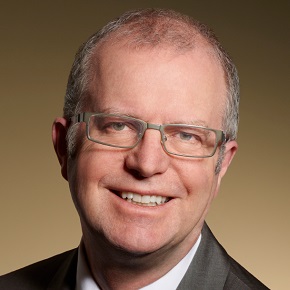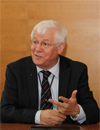 |
||
|
Russian Scientists Hand Over Synchrotron to US Lab Despite Sanctions RIA Novosti, PUBLISHED 22.04.2014 Scientists from the Siberian Institute for Nuclear Physics (INP) have handed over a synchrotron worth $14 million to the US Brookhaven National Laboratory, despite recent sanctions against Russia, the deputy director of INP told RIA Novosti. “The final phase involved a team of programmers resolving the final issues. Some of the programming team could cross the US border, while others were denied visas,” Evgeny Levichev said. The Russian booster synchrotron is an important part of the United States’ National Synchrotron Light Source facility. Synchrotron radiation plays an important role in a wide range of tasks in research in physics, materials science, biology, medicine and chemistry. Other news: Hungary Enacts Law to Expand Nuclear Power With Russian Aid Hungary’s president has signed a bill into law to expand a nuclear power plant in the country with Russian assistance. Hungary Lawmakers OK Russia Nuclear Plant Deal Russia will provide Hungary a loan of up to 10 billion euros ($13.5 billion) - around 80 percent of construction costs. Russia to Lend Hungary $13.7Bln for Nuclear Plant The deal was announced during a state visit to Moscow by Hungarian Prime Minister Viktor Orban and was hailed by Russian President Vladimir Putin. |
Hero of the day 
We are currently working with the Nuclear Decommissioning Authority (NDA) on this approach, which was submitted in response to their February 2012 call for alternative proposals. We appreciate that the UK is in the early stages of their policy development activities and are pleased to be involved in such important work. INTERVIEW
Yanko Yanev OPINION
Joint Plan of Action |

